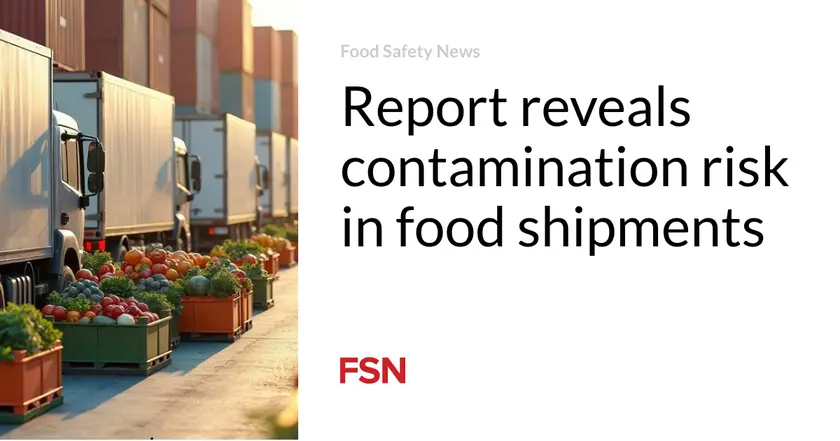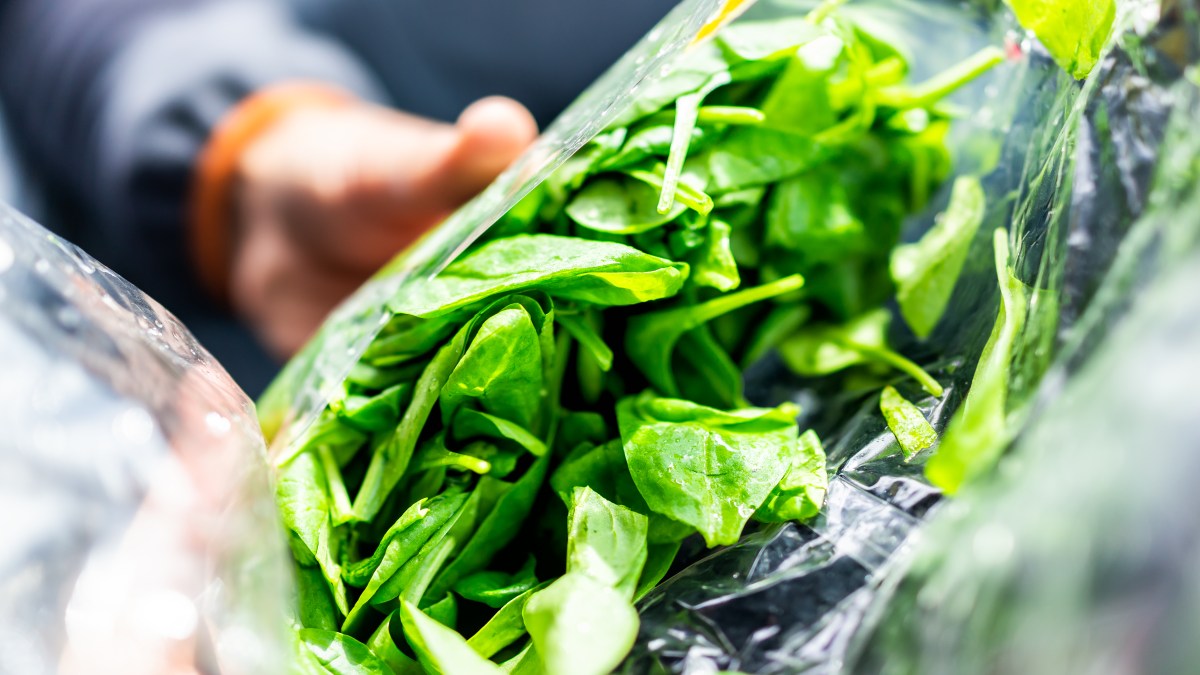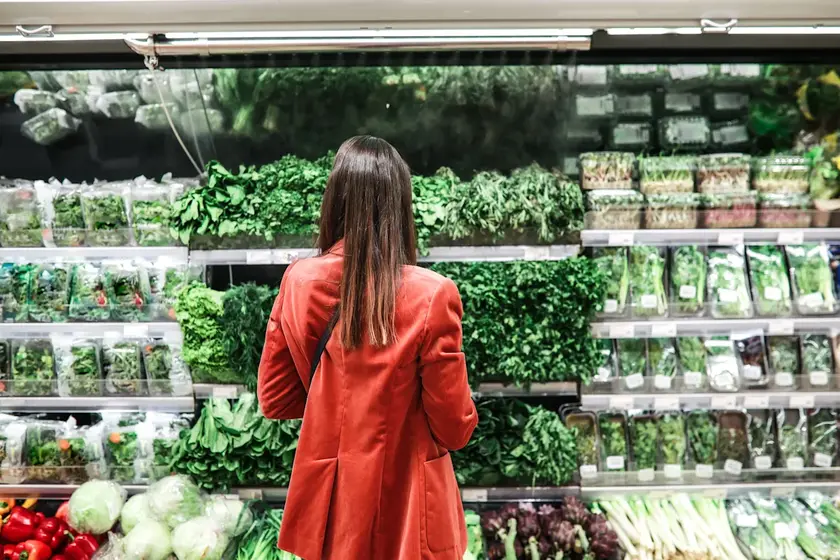T4K3.news
Migration linked cargo contamination triggers food safety alarm
A new report links migrants hiding in lorries to contaminated imports and calls for stronger port security and supply-chain safeguards.

A new report links migrants hiding in lorries to contaminated imports and calls for stronger port security and supply-chain safeguards.
Migration linked cargo contamination triggers food safety alarm
A major new report from Oakland International links the use of lorries to hide migrants with a spike in contaminated shipments since 2016. The study estimates more than 3,000 truckloads or 80,000 tonnes of food may have entered the UK in a contaminated state. It notes that lorries were the most common route for smugglers before tightening security at ports and the Channel Tunnel led smugglers to shift toward small boat crossings. Migrants are said to board in northern France and remain hidden until the vehicle reaches Britain, placing trailers filled with perishable goods at risk of contamination. The report cautions that the true figure is likely higher because Border Force checks only sample a fraction of refrigerated trailers.
Health authorities report a surge in foodborne illnesses this year, with listeriosis up 13% against the five-year average and salmonella cases at decade highs. The report argues that infiltrations into loads threaten both public health and the integrity of the supply chain, while companies face losses from spoiled goods. It underscores how gaps in vehicle security and screening complicate efforts to keep food safe from farm to fork.
Key Takeaways
"The rise in clandestine infiltration is not just a statistic, it's a ticking time bomb for food safety, driver security, and public health."
Dean Attwell comments on systemic risk when smugglers infiltrate loads.
"We are witnessing a perfect storm, desperate individuals risking their lives to cross borders."
Attwell describes the convergence of human risk and security gaps.
"The current system is failing to protect both people and products."
Attwell criticizes oversight and urges reforms.
"Every compromised load costs the industry millions per year."
Attwell notes the economic impact on logistics and suppliers.
Policy and politics meet in this story. It exposes how border controls, humanitarian realities, and business costs collide in real time. The finding could press for more funding for surveillance, tighter port checks, and better data sharing across agencies, but it also risks fueling political backlash if voters blame migrants for price spikes or delays.
It also raises questions about risk communication and public health readiness. A more proactive stance would align food safety agencies, logistics players, and border security to build a resilient system that protects lives without criminalizing people.
Highlights
- The rise in clandestine infiltration is not just a statistic, it's a ticking time bomb for food safety
- We are witnessing a perfect storm, desperate individuals risking their lives to cross borders
- The current system is failing to protect both people and products
- Every compromised load costs the industry millions per year
Migration linked cargo contamination risks political backlash
The report ties migrant stowaways in trucks to a spike in contaminated imports, a finding that could spark political debate, budget concerns, and regulatory changes. The topic intersects border policy, enforcement, and public health, making it sensitive for various stakeholders.
Policy choices now will shape the safety of every shipment crossing borders.
Enjoyed this? Let your friends know!
Related News

UK food shipments face rising contamination risk

Botulism risk prompts recall in Italy

Surge in E. coli cases reported in the UK

Spike in food poisoning cases reported in the UK

Botulism outbreak update

E. coli cases rise sharply in England

Microplastics found in human blood raise health concerns

Neurologists warn about foods that threaten brain health
